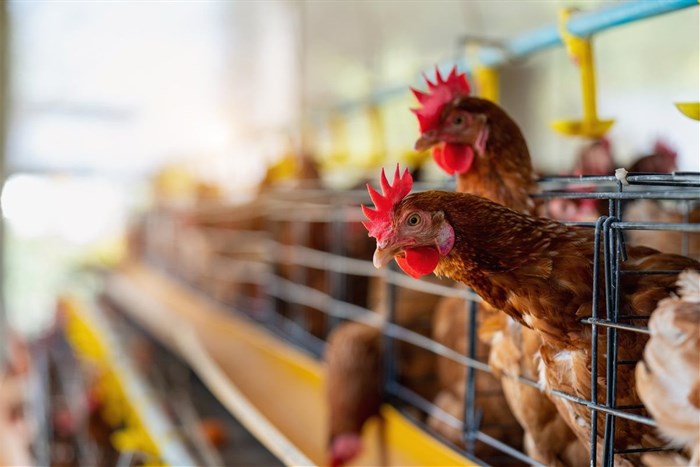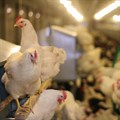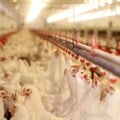In a report dated 15 December 2023 and published on 6 March 2024, The International Trade Administration Commission (ITAC) has suggested to Minister Ebrahim Patel of the Department of Trade, Industry and Competition (DTIC) that specific rebates for frozen poultry imports could be put into place to curb alleged “shortages” in the local market.
The South African Poultry Association (Sapa) says that it is puzzled by the Commission’s reasoning behind awarding these rebates, which Sapa believes are unnecessary, unjustified and damaging to the domestic poultry industry.
Despite the worst avian influenza outbreaks in history, the industry is recovering without any expected shortages. ITAC, however, has calculated that the market will experience a shortage of 172,000 tonnes during 2024, and has issued 65 permits to allow importers to claim rebates on their orders.
Some of these rebates will apply to bone-in chicken, effectively negating the hard-fought anti-dumping duties agreed to in the Poultry Sector Master Plan and are counter to the master plan’s objective of curbing chicken imports.
“It’s quite ironic – ITAC is the institution that calculated the material harm done to the local industry because of dumped poultry product, yet it has approved 65 permits, some of which will enable importers to purchase dumped product,” says Izaak Breitenbach GM of Sapa's Broiler Organisation.
The 65 permits issued by ITAC are valid from 26 January to 27 April 2024, and the import quota for the first quarter is 43,000 tonnes.
Poultry sector resilience
In 2023, the Poultry Association guaranteed South Africa that it would not experience any shortages over the festive season, and it didn’t. The Association and its members say that it is confident in its calculations and its approach to supplying South Africa with chicken, as the last reported shortage was over three years ago.
Capacity has grown in the last five years due to the industry’s investments totalling more than R2.1bn; creating thousands of new jobs and bolstering South Africa’s food security status in the process.
“These rebate permits are undoing that work. They are designed to encourage additional chicken imports when the country does not need them. South Africa is already beset with challenges on all sides; they will cause further harm to the South African poultry industry. It is recovering from the unprecedented avian influenza outbreaks in 2023 with no aid from government.
"Despite the Animal Disease Control Act of 1984 stipulating that farmers will be compensated for culling flock in accordance with the law, no farmer has received recompensation" continues Breitenbach.
“Moreover, Deputy President Paul Mashatile announced a relief fund for the poultry industry at the National Council of Provinces in October of 2023 – this promise of aid has not materialised, and the poultry industry has to yet again look inward for assistance and support. The rebates will further imperil small-scale farmers struggling to get back on their feet, while padding the profit margins for importers
to address a problem that doesn’t exist.
“Sapa recently conveyed its research and findings on the current chicken supply to the Department of Agriculture, Land Reform and Rural Development (DALLRD), advising that there is currently no shortage of chicken on the local market.
"We are distressed that instead, DALLRD must have confirmed the ITAC calculations on shortages if ITAC is issuing rebate permits. It’s confusing, damaging to the poultry industry and greatly undermining (and undoing) the work of the master plan,” concludes Breitenbach.















































